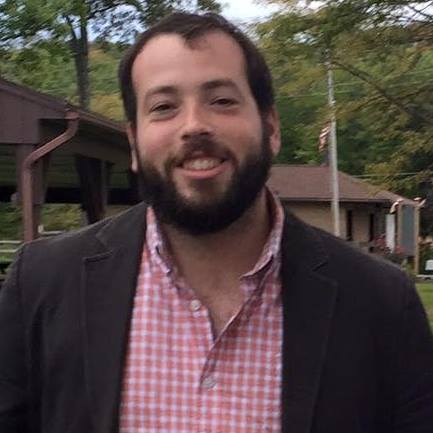Figuring out how to be good in a world with so many choices
It was 2 am, and I was awake, lying on the concrete floor of a church’s basement choir room. A few hours earlier I had been in the hallway outside of this room, serving food to men and women who needed a warm place to spend the night while my fiancé handed out blankets, pillows, socks, and toiletries.
In this week’s parashah, the Torah describes the laws of the Festival of Passover. “And on the first day there shall be a holy gathering, and on the seventh day there shall be a holy gathering to you; no manner of work shall be done on them, save that which every person must eat, that only may be done by you” (Exodus 12:16). The Radomsker rebbe, R. Shlomo HaKohen Rabinowicz, comments on this verse, “It is hinted in part of this verse, ‘save that which every person must eat’ that a person’s desire should not just be to take pleasure in the pleasures of the world, but rather to do just what is needed to continue one’s own vitality, so that he can use the rest of his energy to do acts of loving kindness to the ones who have been hurt in this world.” (Tiferet Shlomo Parshat Bo) In other words, each person must work to figure out what it is that he or she needs to live, and pass on the rest to those who have been hurt in this world. This idea, in which we become partners with God to take care of those who most need our help, is magnified on the celebration of Passover, when we are only allowed to do that which is needed for ourselves and that which is needed by our neighbors.
Deciphering our true needs amidst all of our many wants in this world is not easy. But with work and prayer and deep introspective reflection it can be done. But how do we go about providing that which is needed by our neighbors? In order to fulfill this mitzvah, we must first understand what it is that each other person really needs in this world, and focus on trying to provide at least that. To do that, we are obligated to talk to one another, to get to know those who we are trying to help. Instead of getting stuck in our dreams of being the hero who saves the day, we must do the hard work, making the sacrifices with our own time and resources, to make sure that the people around us get what they need to live. Sometimes this means providing, and sometimes this means raising up the people around us so that they are able to advocate for themselves. In either case, we can’t provide for the needs of our neighbor without first asking them what those needs are.
In the Shulchan Aruch on the laws of Tzedakah, R. Yosef Karo states, “the level of giving, if he or she has enough resources, is to give according to the need of the poor…” (Shulchan Aruch, Yoreh Deah 249:1) At the end of the verse, R. Moshe Isserles (the Rema) notes, “And one should not put his contribution towards some kind of mitzvah like providing candles for the synagogue or other mitzvot, but rather just to the poor.” Here we see clearly that we must give to the people who need the most. There may be times when we can provide for our wants, like nice candles for a synagogue, instead of our needs. But first, we must ensure that our needs, and the needs of every one of our neighbors, are taken care of. We must ask ourselves the deep questions, like: who actually needs the resources that I can provide? What can I provide without impoverishing myself? What is the best way to provide it? These are the hard questions that each of us need to ask when we are deciding where to give our tzedakah.
This week’s parashah begins with the words, “bo el Paroh.” Go directly to Pharaoh. Each of us has a Pharaoh in our community that causes suffering. Our parashah tells us, “Go directly to Pharaoh,” strike at the problems in our neighborhoods exactly where they show themselves. For me, this meant spending a night in the basement of St. Paul’s Methodist Church, getting to know my neighbors a little bit better, and learning a little bit more about how we can work together to lift all of us up. Only when we do that can we truly celebrate in a holy gathering together.
Rabbi Marcus Rubenstein is the rabbi of Temple Sinai of Middletown, NY. He is excited to be a new chaver of T’ruah in order to learn and discuss how he can apply the Torah to the issues of our day.

